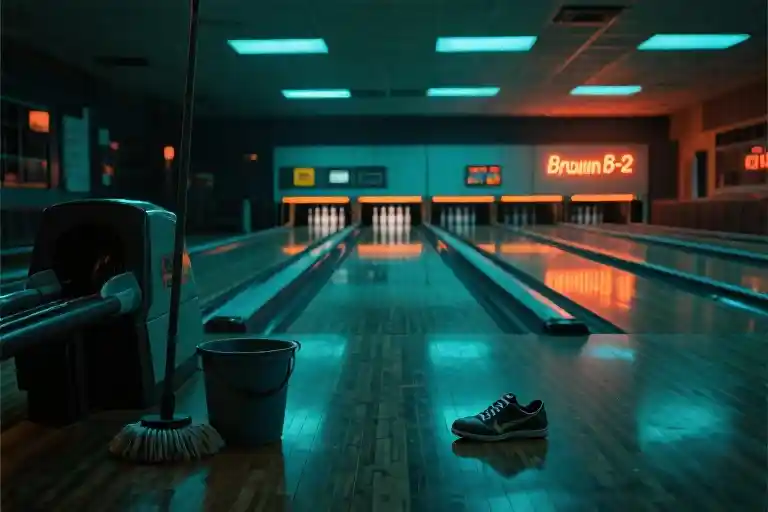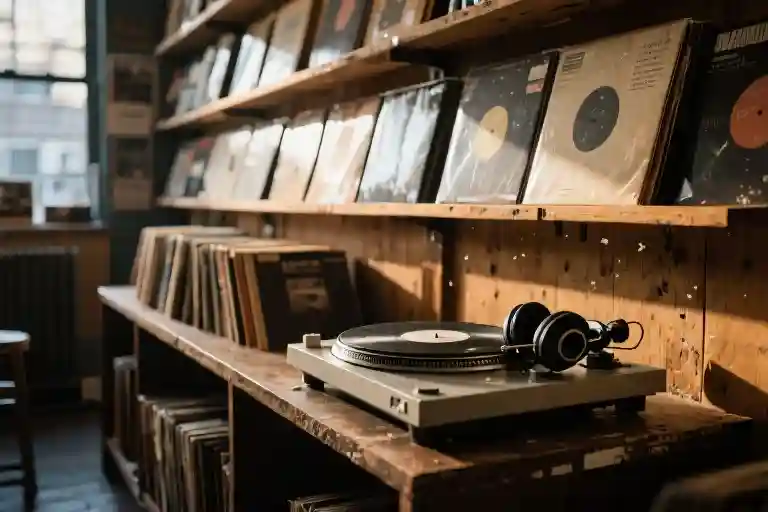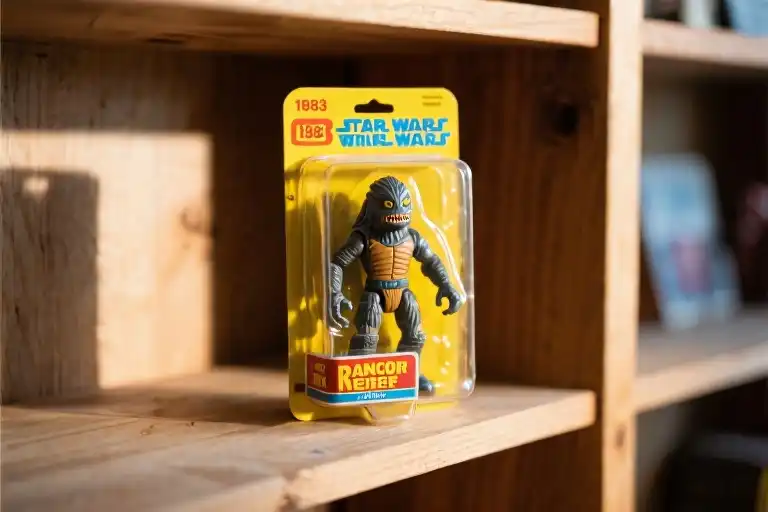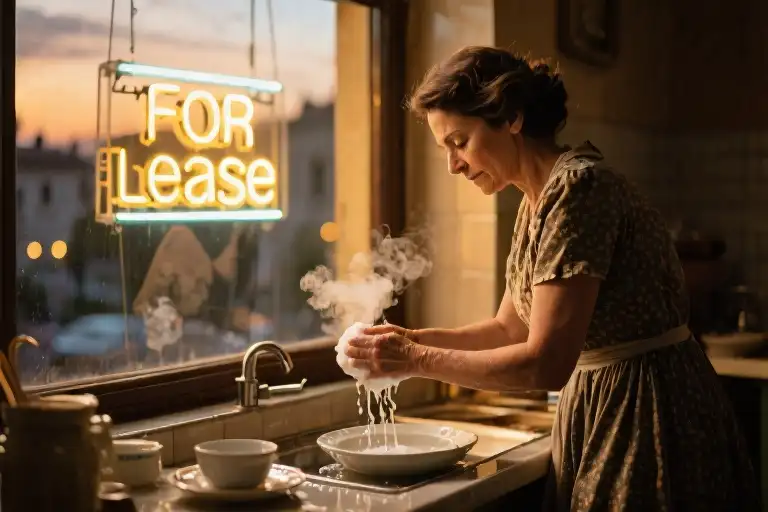The scent of Lysol’s ‘fresh linen’ variant still lingers in my memory like a phantom limb, mixed with the metallic tang of aerosol shoe spray that hung perpetually in the air of our town’s bowling alley. Those flickering fluorescent lights and the intermittent buzz of vending machines—most of which hadn’t properly functioned since the Bush administration (the first one, to be precise)—formed the backdrop of my teenage years. This wasn’t just a part-time job; it was the place where I learned to decipher W-4 forms, received paychecks with comically small numbers, and developed an almost spiritual relationship with Brunswick B-2 pin setters.
There’s something profoundly American about a bowling alley’s ecosystem—the way rental shoes develop their own patina of countless feet, how the snack bar’s microwave (older than most of its employees) became a time capsule of questionable nachos, and why Tuesday afternoon leagues with retirees felt like attending a blue-collar symphony. The automatic scoring system’s occasional glitches mirrored life’s unpredictability, while the ritual of resetting pins taught me more about perseverance than any motivational poster ever could.
What began as minimum-wage drudgery gradually revealed itself as an accidental masterclass in human dynamics. The regulars—from chain-smoking league bowlers to Friday night teens on first dates—each left subtle impressions on the synthetic wood lanes, their stories accumulating like the layers of polish we applied every midnight. That first job at the bowling alley didn’t just teach me how to complete tax forms or handle disgruntled customers; it showed how ordinary spaces become vessels for extraordinary moments when observed through the right lens.
The First Hire
The manager’s office smelled like stale coffee and lane polish, a combination that would become as familiar as my own bedroom. When Mr. Henderson slid the W-4 form across his metal desk, the gesture felt more significant than any algebra test I’d ever taken. At fifteen, I became the first high schooler ever hired at Maple Lanes – a distinction I carried like an Olympic medal for weeks, until I realized it mostly meant being the only employee who couldn’t reach the top shelf of bowling shoes without a stepladder.
While my classmates traded fryer burns at Burger King or suffered paper cuts from taco assembly lines, I entered the peculiar ecosystem of a 1980s-era bowling alley. The comparison came up often during lunch period show-and-tells about our minimum wage battle scars. Their workplaces smelled of grease and salt; mine carried the perfume of synthetic leather conditioner and that peculiar ozone scent rising from aging pin-setting machines. They complained about managers counting pickle slices; I grumbled about the Wednesday night league guys who argued over phantom foot faults.
What began as pure teenage bragging rights – being the exception in an adult-dominated workplace – gradually revealed its actual value. Those fluorescent-lit afternoons taught me to interpret the unspoken rules humming beneath surface-level tasks. Restocking the ball returns became a study in physics (why did the 16-pound balls always migrate to the far end?). Wiping down scoring monitors offered lessons in forensic cleaning (what exactly constituted ‘normal’ nacho cheese splatter patterns?). The Brunswick B-2 machines in the back, with their belts and gears and mysterious inner workings, operated on a logic that felt closer to alchemy than mechanics.
There was status in being the kid who could reset a jammed pinsetter without calling the mechanic, who knew which of the rental shoes had the least questionable insoles, who could calculate shoe sizes by glancing at customers’ feet. Not the kind of prestige that translates to college applications, but the sort that builds calluses on your palms and gives you stories better than anything from a textbook. The other teens might have pitied me for spending weekends knee-deep in other people’s shoe funk, but I’d found something rarer than a perfect game – a first job that didn’t feel like waiting for my real life to begin.
The Rites of Passage
The W-4 form might as well have been hieroglyphics when it landed on the counter that first shift. I stared at the boxes labeled ‘allowances’ and ‘exemptions,’ my ballpoint pen hovering like an uncertain hummingbird. My manager chuckled—a sound that mixed pity with the phlegmy rasp of a two-pack-a-day habit—and said, ‘Welcome to adulthood, kid.’ That industrial-grade carbon paper left smudges on my fingers that lasted three washes, a baptism into the working world.
Clock-in was its own peculiar ceremony. The ancient punch clock by the employee bathroom didn’t just record time—it devoured it with a metallic chomp that made my molars ache. Being five minutes late meant your timecard emerged with jagged teeth marks across your wages. I learned to arrive early just to watch the sunrise through the grease-streaked windows, those quiet moments before the lanes woke up becoming my secret apprenticeship in patience.
When the first paycheck came—$127.86 after taxes, the decimal points mocking my naivety—I treated that check like sacred parchment. The bank teller’s eyebrow twitched when I asked to deposit exactly $100 and cash the rest. Those twenty-seven dollars became a roll of quarters for laundry, two packs of gum, and a paperback Kerouac I never finished. What remained went into a coffee can labeled ‘Car Fund’ that ultimately funded exactly 3/8 of a muffler repair.
Between the staccato rhythm of the pin setters and the fluorescent flicker above lane seven, I discovered the unspoken curriculum of minimum wage enlightenment: how to interpret the boss’s coffee-stained Post-its, which regulars tipped in dollar coins versus those who paid in lint-covered peppermints, why Tuesday mornings smelled different than Friday nights. The bowling alley’s analog systems—the scoring tablets with their waxy pencils, the shoe rental tags dangling like prison ID numbers—taught me more about systems than any business class ever could.
What they don’t tell you about your first job isn’t in the employee handbook. It’s in the way your knees learn to predict rain from hours spent kneeling by faulty ball returns, how your palms memorize the weight distribution of a twelve-pound house ball, the particular ache of feet that have stood too long on concrete disguised as linoleum. My tax forms eventually got filled correctly, the punch clock’s bite became routine, but those early weeks imprinted like the oil patterns we’d religiously mop from the lanes each night—invisible to customers, essential to the game.
The Secret Life of a Bowling Alley
The Brunswick B-2 pinsetters were temperamental old beasts that required more coaxing than a teenager dragged to Sunday dinner. Their rhythmic groans and metallic clanks composed the industrial symphony I came to know better than my own heartbeat. There was something oddly beautiful about their mechanical ballet – the way the sweep bar would hesitate just half a second too long before clearing deadwood, or how the pin elevator occasionally developed a stutter that made it sound like it was whispering secrets to itself.
Working the snack bar revealed the alley’s unspoken caste system. The nacho cheese pump held court like a questionable monarch, its orange-gold glory days long past but still commanding reverence. We all knew the expiration dates on those cheese canisters were more suggestions than rules, yet Friday night crowds still devoured the radioactive-looking liquid gold with religious fervor. The ancient microwave – its buttons worn smooth by a thousand greasy fingers – became my personal memento mori. Every time its turntable squeaked in protest, I’d wonder which of us would outlast the other.
Tuesdays belonged to the Silver Strike League, where retired auto workers held tournaments with the intensity of Olympic athletes. Their ritual was precise: 1:15 PM coffee (black, one sugar), 1:30 PM lane assignments, 1:45 PM complaints about the new synthetic lanes. Watching them bowl was like observing some sacred geometry – each step, each arm swing calibrated through decades of muscle memory. They treated their personal balls with more care than most people reserve for their firstborn.
Then came Friday nights when the alley transformed into a neon-lit Darwinian experiment. High school teams practiced their three-step approaches with deadly seriousness, while packs of unsupervised middle schoolers turned the arcade corner into a lawless territory. The scent of Lysol and teenage anxiety hung thick in the air as first dates played bumper cars with rented shoes and parental curfews. I learned more about human nature during those Friday night shifts than any psychology class could teach – the way victory could make a scrawny freshman stand six inches taller, or how a gutter ball could reduce the homecoming queen to tears.
Between the generations, the lanes never slept. The B-2s kept resetting pins with mechanical indifference, the cheese pump wheezed out another questionable batch, and I – somewhere between custodian and confidant – became fluent in the silent language of this peculiar ecosystem. The real scorekeeping had nothing to do with the numbers flashing on overhead monitors, but in learning to read the subtle tells: the way Mr. Henderson would sigh before his third frame slump, or how Jessica from the girls’ team always chewed her left braid when nervous. These were my real job responsibilities, never listed in any manual but written into the warped floorboards and gum-stained counters of this accidental second home.
The Patina of Meaning
The rental shoes taught me more about human nature than any philosophy textbook could. Each pair carried the imprint of countless strangers – the deep grooves from aggressive bowlers who planted their left foot too hard, the faint scuffs of timid seniors shuffling toward the foul line. I’d run my fingers along those rubber soles before tossing them into the disinfectant spray, wondering about the lives that had briefly intersected in this temple of oiled maple and neon.
There was a particular poetry to resetting pins. The Brunswick B-2 machines would cough and wheeze like asthmatic dinosaurs, their mechanical arms performing the same precise dance every ninety seconds. I’d watch through the murky observation window as the pins scattered and regrouped, scattered and regrouped, in an endless cycle of destruction and perfect alignment. Some nights, when the cosmic bowling lights turned the lanes into swirling galaxies, the rhythm felt almost sacred.
My official title might have read ‘lane attendant’, but the work demanded the focus of a monk transcribing scriptures. Polishing the ball returns became my zazen meditation. Deciphering the hieroglyphic-like oil patterns on the lanes turned into Talmudic study. Even the snack bar’s ancient microwave – its door hanging by one hinge, its turntable stained with decades of exploded nacho cheese – held lessons about perseverance.
What surprised me most wasn’t the physical labor, but how the mundane tasks accumulated meaning like the layers of wax on lane thirty-nine. Wiping down ball after ball, I began recognizing regulars by their preferred weights and finger spans. The retired plumber who threw a twelve-pound burgundy Columbia every Thursday afternoon. The high school sweethearts who shared a cracked maroon house ball, their initials carved clumsily near the thumb hole. These weren’t just pieces of equipment anymore – they were anthropological artifacts.
The Zen masters talk about enlightenment occurring during ordinary activities – chopping wood, carrying water. For me, it happened while untangling the scoring desk’s printer ribbon at 11:37 PM on a school night, my fingers stained with ink that smelled suspiciously like the blueberry vape juice the night manager always used. Maybe transcendence doesn’t require mountaintops or monasteries. Maybe it’s waiting in the quiet moments after closing, when you’re alone with the hum of the pin setters and the ghosts of a thousand rolled games lingering in the synthetic leather seats.
By my senior year, I could diagnose a misaligned sweep arm by sound alone. The rental counter had become my confessional booth, the ball return racks my rosary beads. When college acceptance letters arrived that spring, I celebrated by perfecting my technique for applying lane conditioner – smooth, even strokes with the oiling machine, like a monk raking sand in a rock garden. The lanes gleamed under the blacklights, temporary canvases awaiting the next ephemeral masterpiece of spins and splits.
On my last shift, the night manager handed me a pair of size 9 rental shoes retired from service. ‘For the archives,’ he said. The soles were worn nearly smooth, the leather cracked like desert earth. I slipped them on one final time and took a slow walk down lane seven, past the approach dots where I’d stood countless times before. Somewhere between the foul line and the pin deck, between adolescence and whatever came next, I’d learned an unexpected truth: enlightenment smells like industrial disinfectant and tastes like three-day-old nacho cheese, and it’s absolutely worth the minimum wage.
Closing Time Philosophy
The scent of Lysol always hit hardest at midnight. That industrial-strength fresh linen fragrance would cling to my clothes like a second skin as I wiped down the last ball return, its chemical sweetness mingling with the ghost of ten thousand rental shoes. The neon ‘Open’ sign buzzed off with a dying crackle, leaving only the aquarium glow of the snack bar microwave – the same one that had been reheating nachos since before I was born, its turntable spinning with the weary determination of a veteran bowler’s final frame.
There was something sacred in those closing rituals. Squeezing the mop across warped floorboards that remembered disco, I’d trace the paths of a thousand forgotten games. The dents where frustrated teens had dropped their balls, the scuff marks from Tuesday league ladies’ orthopedic shoes, the sticky patches where cherry slushies had met their demise – each blemish held more stories than our ancient scoring computers. That microwave humming in the corner wasn’t just older than me; it had outlasted three managers, two remodels, and the entire Bush administration (the first one, as we’d always clarify).
Some nights, when the pin setters finally fell silent, I’d sit on lane seven – always the straightest roller – and watch the overhead lights reflect in the freshly oiled wood. The way the synthetic sheen fractured into rainbow streaks reminded me of those holographic trading cards we’d flip between classes. Perfectly preserved moments, suspended between the gutters of what was and what might be.
Maybe every first job leaves its residue. Not just the physical stains (though my jeans still faintly smell of shoe spray if I sweat too much), but the way it reshapes your vision. What began as minimum wage drudgery became my accidental monastery – a temple where I learned that resetting pins isn’t so different from resetting expectations, that even the most stubborn ball return eventually lets go, and that life, like a well-thrown hook ball, often finds its mark through unexpected curves.
The last thing I’d see before locking up were those empty lanes stretching into darkness, their polished surfaces holding the afterimage of vanished strikes and gutter balls alike. We’d joke that the Brunswick B-2 machines had souls – they certainly had moods – but the real magic was how they turned chaos into order, game after game, year after year. Somewhere between disinfectant fumes and the eternal clatter of falling pins, I’d stumbled upon the blue-collar zen of showing up, cleaning up, and letting the next round begin.





